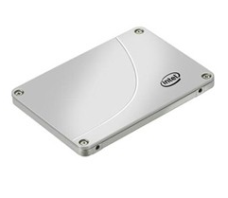The master plan for Chrome OS was to move everybody into the cloud — away from file systems and desktops — and towards the Web browser as the operating system. Having failed to build much momentum, Google’s giving the OS a more traditional desktop experience — one that takes cues from Windows and OS X.
Google Operating System reports that the latest developer channel release of Chrome OS brings a “desktop, taskbar, apps on the desktop, wallpapers and overlapping windows” to the We browser-based Chrome OS.
Dubbed “Aura,” the new interface is a “hardware-accelerated user interface framework that offers rich visuals, large-scale animated transitions and effects.” It’s available for Samsung and Acer Chromebooks, but not Google’s own Cr-48 genericbook.
READ MORE:
via Google’s new Chrome OS is like a hybrid between Windows and OS X | DVICE.



